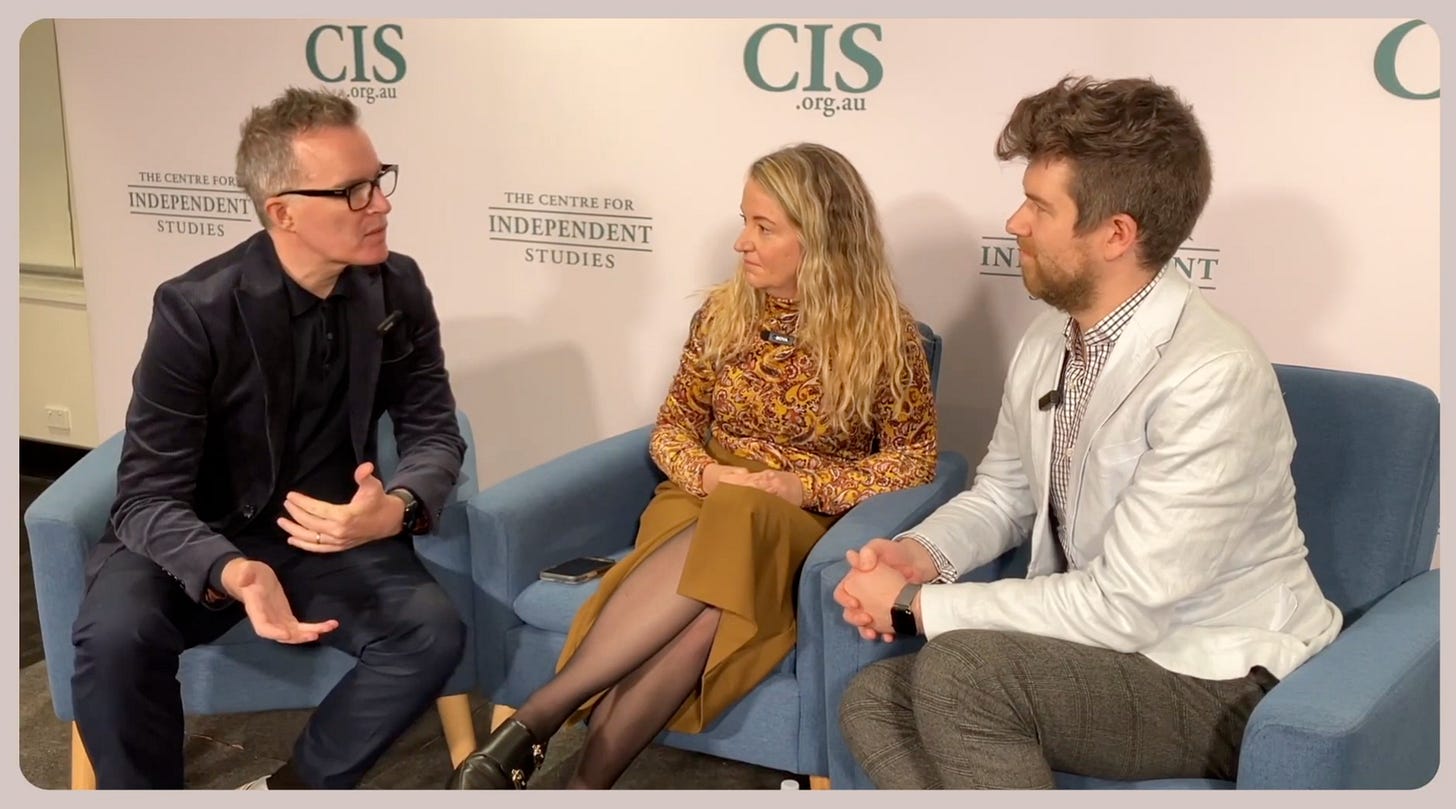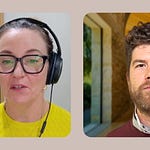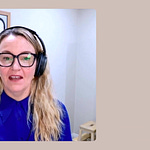Summary
In this episode of Chalk Dust, Rebecca Birch and Dr Nathaniel Swain are joined by Dr Carl Hendrick, Professor of Education at Academica University of Applied Sciences and co-author of How Learning Happens and How Teaching Happens. Together, the team explore real classroom footage from Australian classrooms, reflecting on how teachers respond when learning doesn’t go exactly to plan.
They analyse three lessons: Jeanette Breen’s Year 3 class tackling sentence kernels, Troy from Sophia College guiding students through sentence fragments in a secondary context, and Mark De Bruin from Cranbrook using a “Do Now” and visualiser work to develop literacy. Across these examples, Carl, Rebecca and Nathaniel highlight what expert teachers do when slides contain errors, students answer unexpectedly, or early practice shows misconceptions.
Themes include how to pivot in real-time, why checking for understanding is more than asking “are we good?”, and how to create psychological safety so imperfect student work can be used as a springboard for improvement. They also discuss the role of cultural knowledge in English, why retrieval practice can fail if poorly executed, and how responsive teaching underpins explicit instruction.
Carl reflects on the “illusions of learning” that shaped his forthcoming book, co-written with Paul Kirschner, and explains why engagement, apparent fluency, or polished lessons are not always indicators of genuine understanding.
Mentioned resources and explainers
How Learning Happens / How Teaching Happens
Carl’s earlier books with Paul Kirschner distilling core findings from cognitive psychology for teachers.
Referenced in Jeanette’s lesson, this approach uses sentence kernels to build syntactic and compositional fluency. Contact Ballarat Clarendon College for opportunities to complete this training at a time convenient for Australian participants.
Retrieval Practice
Carl and Nathaniel note how surface-level “Do Nows” can fail unless they actually prompt students to connect prior knowledge. Christine Counsell’s writing on history teaching is mentioned as a model.
Pedagogical Content Knowledge (PCK)
Lee Shulman’s concept, invoked when Troy pivots his grammar explanation, illustrating how teachers need multiple representations of knowledge, not just content expertise.
“Illusions of Learning” (forthcoming book)
Carl previews his new book with Paul Kirschner and Jim Hill, addressing why engagement, confidence or “busyness” can mislead teachers about true learning. You can pre-order here.
Listen or view, and support our work
📨 Substack — sign up
🍏🎧 Apple Podcasts — like, review and follow
🎵💚 Spotify — follow and rate
📺🔔 YouTube — subscribe and like
✍️ Rebecca’s Substack — read more
✍️ Nathaniel’s Substack — read more
Takeaways
Responsive teaching means pivoting when materials or answers don’t align with expectations.
Checking for understanding requires variety—listening, thinking, and retrieval are not the same.
Student work, even if imperfect, is a powerful lever for whole-class improvement.
Retrieval practice only works if students genuinely recall prior knowledge, not just copy prompts.
Cultural and content knowledge are prerequisites for deeper learning, particularly in English.
Explicit teaching is not only “telling,” it’s breaking down steps, modelling improvement, and making excellence visible.
Great lessons are built on earlier culture-setting and routines, not just what happens in the room that day.
Keywords
explicit teaching, Carl Hendrick, Rebecca Birch, Nathaniel Swain, Chalk Dust podcast, sentence kernels, The Writing Revolution, retrieval practice, do now, visualiser, student work, responsive teaching, adaptive teaching, pedagogical content knowledge, illusions of learning, guided practice, explicit instruction, classroom culture, checking for understanding














